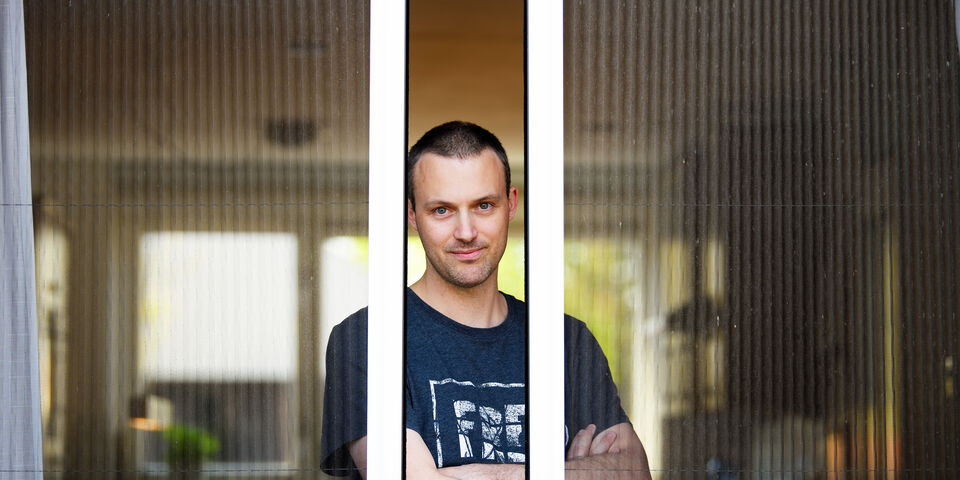A workplace for everyone?
TU/e is bursting at the seams. Student numbers are climbing significantly, and the university continues to hire new personnel. The logical consequence is a shortage of space. A shortage of lecture halls, a shortage of meeting rooms, but also a shortage of workplaces for personnel.
When I was a student, my colleagues and I studied at home. Sometimes alone, sometimes together at someone’s kitchen table. The students who still lived with their parents came along and returned home in the evening, or spent the night at a friend’s house. We went to TU/e to follow lectures, take instructions, and make use of the canteen. There was no space for anything else, because the offices were used by employees, and for project work incidentally.
Nevertheless, it became apparent that there was a need for places to study on campus, which is why TU/e made a large number of study areas available in the library, where it is as calm and quiet as in an average office garden. In addition, housing norms were adjusted, so that an increasing number of people could be housed in fewer offices. Offices were shut down in order to create space for meeting rooms and project spaces. With the use of Planon and estimates of the number of students present at lectures, the halls were used as effectively as possible (within the time slots model, which is inherently inefficient).
Unfortunately, we see that this is being taken advantage of recently. Meeting halls and sometimes even lecture halls are booked by students and used as study areas. Eight-hour bookings during which one student occupies a space and uses it as a personal study area. It’s not unusual to see students behind a table playing computer games on their laptops or reading a novel. The most extreme case was when a student lay sleeping on the floor to ‘unwind for a moment.’
I was recently given access to the booking history of a student. To my surprise, it didn’t just show that the student consistently occupied meeting rooms and used them as a place to study, but that the student also made double bookings. Free spaces were booked on paper, and when asked about it, it turned out that this student sometimes found one space too noisy and therefore booked a back-up space. Several spaces were booked for days on end because this student wanted to study. Employees sitting in the office garden looking for a meeting room to consult were out of luck.
I propose to no longer allow students to freely book project spaces and meeting rooms. If a project group needs a hall during a specific time slot, a booking can be made via the education administration. If you want a place to study, you can go the library - or, like in the old days, you can study at home.


Discussion